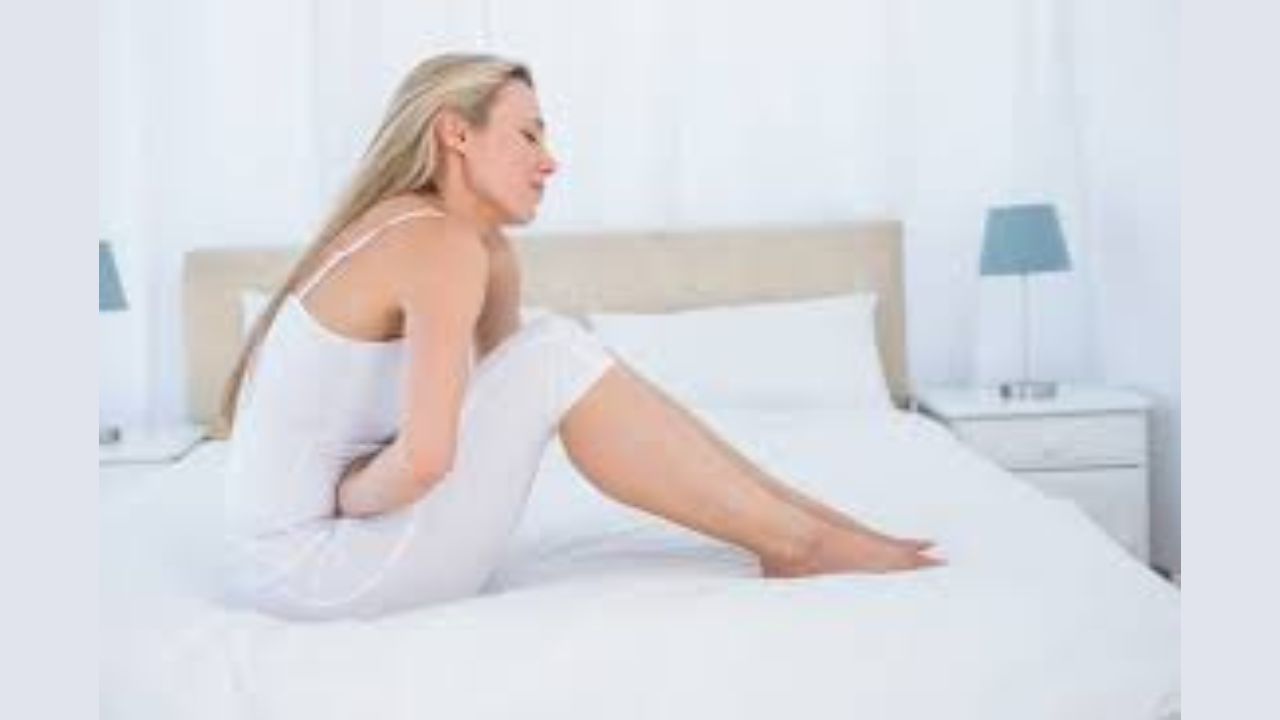Menstruating women frequently have vulvodynia, which causes excruciating pain in the vulva or external genital area. Yet, this ailment is frequently misdiagnosed, and women often suffer in silence. Excruciating pain in the vulva, or the external genital region, is caused by vulvodynia, which typically lasts for a few months without having a clear explanation. The pain may come and go and steal one’s peace of mind.
A generalized and a localized form of vulvodynia exist, did you know? Consequently, this pain can impair a woman’s ability to do daily tasks with ease and lead to sexual dysfunction.
Long periods of sitting, wearing pants that are too small, nerve irritation or injury in the groin area, and weak pelvic floor muscles are the causes. The doctor mentioned that discomfort around the vaginal opening can develop as a result of using chemical-containing products, having a history of vaginal infections, hormonal variables, and inflammation when discussing the symptoms. Women frequently experience discomfort on the vulva, including burning, throbbing, soreness, stabbing, stinging, itching, painful erections, and dryness, according to the doctor. As you become aware of these symptoms, you should see a doctor.
Speaking about the diagnosis, the physician stated, “The doctor will obtain a thorough medical history regarding any past infections, the use of harsh products for intimate hygiene, or the usage of medications for other issues. To determine where and how acute the discomfort is, a cotton swab test can be suggested, in which the cotton swab is first placed on the upper thighs and then slowly advanced towards the external genital area. Following receiving a vulvodynia diagnosis, one must adhere to the recommendations until full relief is attained.
About the course of therapy, the medical professional advised, “Take medication as directed, which may include applying lotions and ointments to the affected area. Some women, particularly postmenopausal ones, may be advised to choose estrogen hormone pills in order to relieve their pain. Other forms of treatment include physiotherapy, massage, yoga, meditation, and even stress-relieving breathing techniques. Both sexual relationships and self-esteem may be impacted by vulvodynia.
This illness can cause anxiety and depression if it is not properly addressed at the appropriate time. Women will therefore receive advice on how to enhance their mental health. Avoid wearing tight pants, wear cotton undergarments, avoid washing the vulva with soaps that include chemicals, and use lubricants during sex to help manage the pain associated with vulvodynia.

 हिंदी
हिंदी






